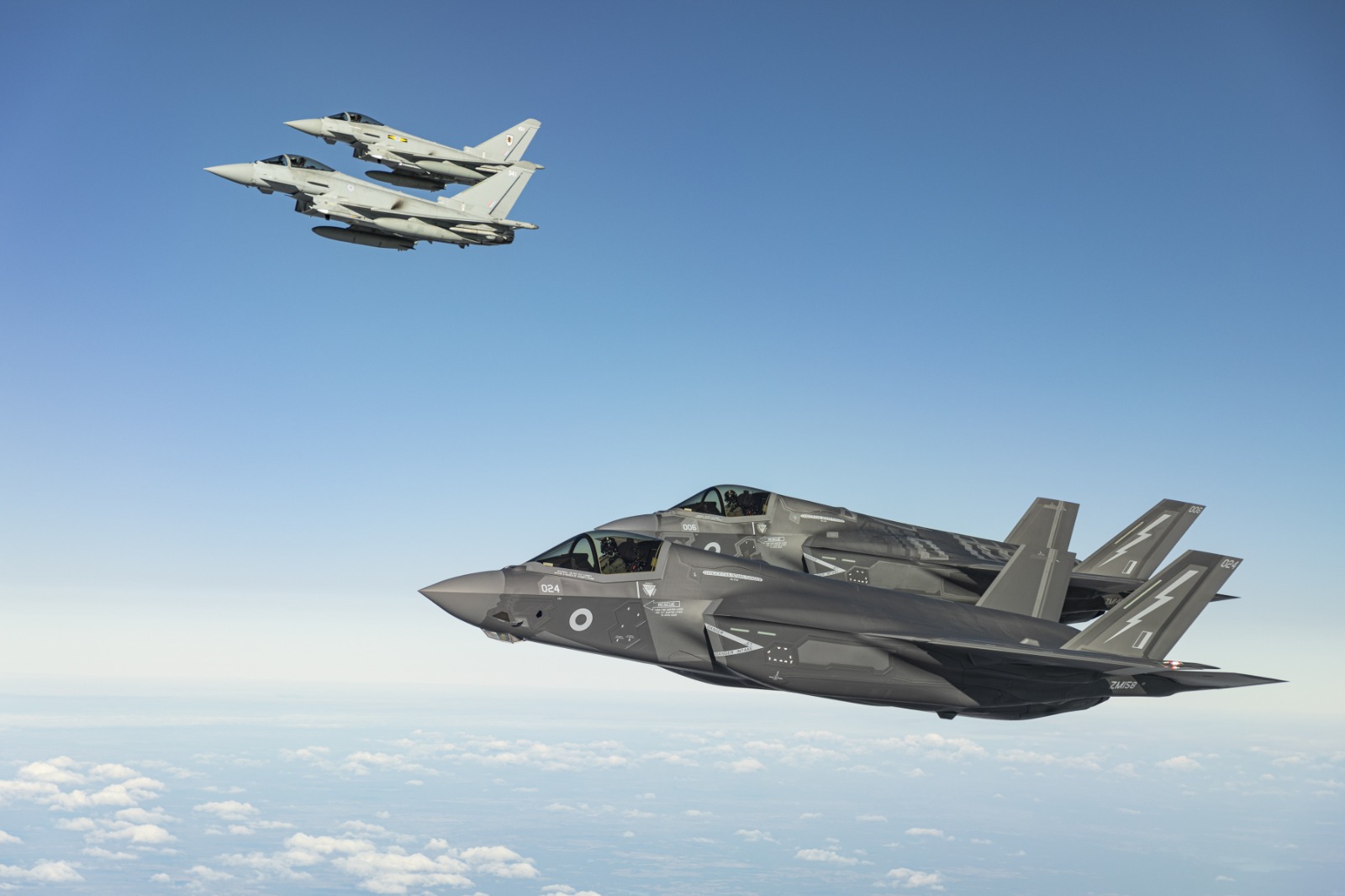
When the British aircraft carrier Prince of Wales arrived in Singapore on Thursday, analysts noted an odd number of F-35B fighters on deck — 11 instead of the standard complement. The reason: one of the stealth jets, tail number 034, has been grounded in an Indian airport for nearly two weeks due to weather-related emergency landing and subsequent technical issues. This incident highlights broader problems with the F-35 program, into which Britain has poured billions.
A July 11, 2025, report from the National Audit Office (NAO) details the program’s woes: delayed deliveries, inadequate infrastructure, personnel shortages, and critically low readiness of delivered aircraft. Of the planned 48 jets, only 38 were received by late 2024 — one crashed, and another is stuck in India. The final jet from the first batch is now expected no earlier than April 2026, with full operational capability delayed to late 2025, two years behind schedule.
Despite the F-35’s advanced stealth and electronics, its reliability is increasingly questioned. Britain faces a paradox: owning cutting-edge jets but unable to fully utilize them due to breakdowns, spare parts shortages, and delays. Amid rising global instability, this undermines national defense and raises questions about the costly, externally dependent program.
Please change the title to match the one in the article.
I really hope Canada cancels the rest of its F35 orders.
Ah yes the Eurasian Times, trusted news source of despots around the world
And a further editorialized title that differs from the already dogshit title.
Found another user to ban.
That site smacks of bullshit Russian propaganda.



